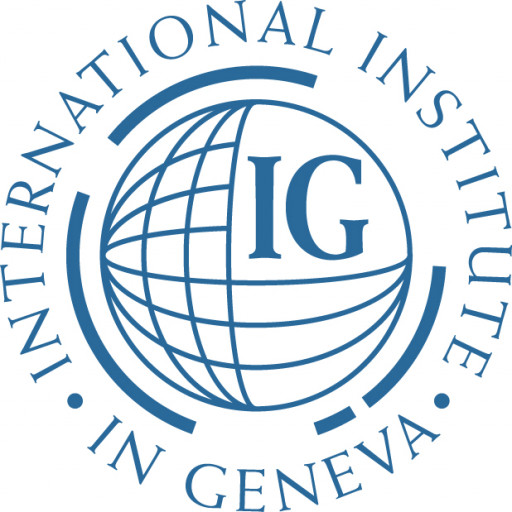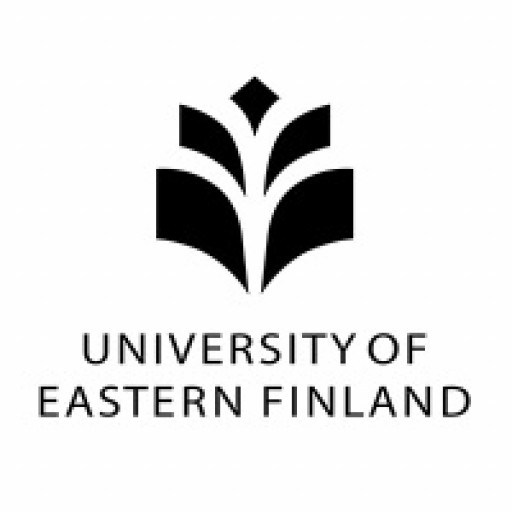Photos of university / #radboud_uni
The Bachelor's degree in English Language and Linguistics at Radboud University offers a comprehensive exploration of the English language from a linguistic perspective. This program is designed for students who have a passion for language, communication, and the intricacies of how language functions in different contexts. Throughout the three-year course, students will examine the structure, history, and social aspects of English, gaining a thorough understanding of phonetics, phonology, syntax, semantics, and pragmatics. The curriculum emphasizes both theoretical knowledge and practical skills, enabling students to analyze language data, conduct research, and understand language variation and change.
Students will also explore fields such as psycholinguistics, sociolinguistics, and historical linguistics, providing a broad perspective on the development and usage of English across different societies and historical periods. The program encourages critical thinking and analytical skills, preparing graduates for a variety of careers in education, research, media, translation, or further academic study. Practical components include language labs, research projects, and opportunities for internships, which enhance employability and real-world understanding.
Radboud University’s collaborative academic environment ensures close interaction between students and faculty, fostering a stimulating learning atmosphere. The program is taught entirely in English, emphasizing language proficiency and intercultural competence. Graduates leave with strong research capabilities, a deep understanding of the English language, and insights into language as a dynamic and evolving phenomenon. This degree serves as an excellent foundation for those wishing to pursue postgraduate studies or careers involving language analysis, communication, and linguistics research.
The Bachelor's degree program in English Language and Linguistics at Radboud University offers a comprehensive and in-depth exploration of the English language, its structure, history, usage, and variations. This program is designed to provide students with a solid foundation in linguistic theory, linguistic analysis, and the practical application of language skills. Throughout the course, students will examine a wide range of topics, including phonetics and phonology, morphology, syntax, semantics, and pragmatics, enabling them to understand how the English language functions at multiple levels.
In addition to core linguistic disciplines, the program also covers the historical development of English, the socio-cultural context of language use, and how language varies across different regions, social groups, and contexts. Students will learn to analyze spoken and written texts critically, developing data collection and interpretation skills necessary for language research. The program emphasizes both theoretical knowledge and practical skills, such as academic writing, presentation, and critical thinking, preparing graduates for diverse careers in linguistics, education, research, translation, and communication industries.
Radboud University's English Language and Linguistics program fosters an engaging and interactive learning environment, combining lectures, seminars, tutorials, and hands-on research projects. Students have the opportunity to participate in collaborative projects, engage with current linguistic debates, and explore language technology and digital linguistics. With a focus on empirical research methods, students will learn how to conduct language studies, analyze linguistic data, and present their findings effectively. The program is designed to equip students with a detailed understanding of the English language and the analytical skills necessary to study language phenomena critically.
Graduates of this program will be well-prepared to pursue postgraduate studies or to enter careers in fields such as language teaching, editing, publishing, applied linguistics, language policy, and international communication. The program’s interdisciplinary approach ensures graduates are versatile and capable of adapting to various professional environments where language awareness and linguistic expertise are valued. Overall, the Bachelor's in English Language and Linguistics at Radboud University offers a rigorous academic experience, fostering both intellectual curiosity and practical competence in understanding one of the world’s most influential languages.
Program requirements for the Bachelor's degree in English Language and Linguistics at Radboud University include a combination of academic prerequisites and language proficiency standards. Applicants are typically required to have a secondary school diploma equivalent to the Dutch VWO diploma, with strong emphasis on proficiency in English. Specifically, candidates must demonstrate sufficient command of the English language, usually through standardized tests such as IELTS, TOEFL, or Cambridge English exams. The minimum required scores are IELTS 6.5 overall with at least 6.0 in each component, TOEFL iBT 90, or equivalent accepted certificates.
Furthermore, applicants should have a solid background in the arts or humanities, showcasing their interest and foundational knowledge in language, literature, or related fields. Knowledge of linguistics or prior coursework in language studies can be advantageous, but is not strictly mandatory. The university may also consider motivation letters and interviews to assess the applicant's motivation, critical thinking skills, and readiness for the academic challenges of the program.
The program emphasizes academic excellence, intellectual curiosity, and analytical skills. Therefore, prospective students should have well-developed writing and communication skills, along with the ability to analyze complex linguistic phenomena. For international students, proof of Dutch or English language proficiency must be provided at the time of application, and non-native speakers may need to submit language test results to meet the program's standards.
In addition, Radboud University values diversity and encourages applicants from various backgrounds to apply, provided they meet the basic academic and language requirements. Enrolment also depends on the availability of spots, and competitive selection may involve assessing academic records and motivation.
Overall, the program aims to equip students with comprehensive knowledge of English language structure, use, and variation, as well as insight into linguistic theories and methodologies. Meeting the above-mentioned requirements ensures that students are prepared to undertake rigorous coursework, engage in linguistic research, and develop critical thinking skills necessary for future careers in academia, education, or related fields.
The financing options for the English Language and Linguistics master's program at Radboud University are designed to support both Dutch and international students in pursuing their studies. Students can explore various sources of funding, including government grants, scholarships, student loans, and private funding opportunities. Dutch students are typically eligible for government student finance through the Dutch government’s system, which offers loans and grants to cover tuition fees and living expenses. International students are encouraged to seek scholarships offered by Radboud University, such as the Excellence Scholarship or other international scholarship programs that support talented students from abroad.
Additionally, students can consider external funding sources, including scholarships from their home countries, private foundations, and international organizations. The university often provides detailed information and assistance regarding application procedures for these scholarships and financial aid programs. Many students also opt to work part-time during their studies to support their financed education, with Radboud University facilitating various on-campus jobs and internship opportunities suitable for students.
Tuition fees for the program vary depending on the student’s nationality, with Dutch and EU/EEA students benefiting from lower rates compared to non-EU/EEA students. The university provides a transparent overview of current tuition fees on its official website. It is advisable for prospective students to carefully review the financial requirements and plan their budgets accordingly.
Radboud University also offers financial aid counseling and advice, helping students identify the most suitable funding options and assist with application processes. International students are encouraged to start their scholarship applications early and to consult the university’s dedicated international student services for additional guidance. Overall, the university strives to make education accessible by providing comprehensive information and support regarding study financing, ensuring that students can focus on their academic and personal development during their studies.
The Bachelor's degree Programme in English Language and Linguistics at Radboud University offers students an in-depth exploration of the English language, its structure, history, and usage across different contexts. The programme is designed to provide a comprehensive understanding of linguistics, including phonetics, syntax, semantics, and Pragmatics, as well as the evolution of the English language from Old English to the present day. Students will examine various linguistic theories and methodologies, gaining critical analytical skills alongside practical competencies such as language analysis, data collection, and interpretation.
Throughout the programme, students engage with diverse topics such as language diversity, language acquisition, language in society, and the role of English as a global lingua franca. The curriculum combines theoretical foundations with applied linguistics, allowing students to understand language phenomena and their social implications. This prepares graduates for careers in education, translation, communication, language technology, and cultural consultancy.
The programme emphasizes the development of English language proficiency, research skills, and the ability to communicate complex ideas effectively. Students will also have opportunities to participate in projects, internships, and international exchanges, enhancing their academic and professional profile. Radboud University is known for its research-led teaching, and students benefit from close interaction with experienced faculty members specializing in various areas of linguistics and English language studies.
By completing this degree, graduates will be equipped with a broad set of skills, including critical thinking, problem-solving, and intercultural competence. The inclusive and supportive academic environment fosters independent learning and intellectual curiosity, helping students to prepare for future academic pursuits or employment in diverse fields related to language and communication. The programme's structure and content are regularly reviewed to keep pace with advances in linguistics and the evolving demands of the globalized world where English plays a central role.






